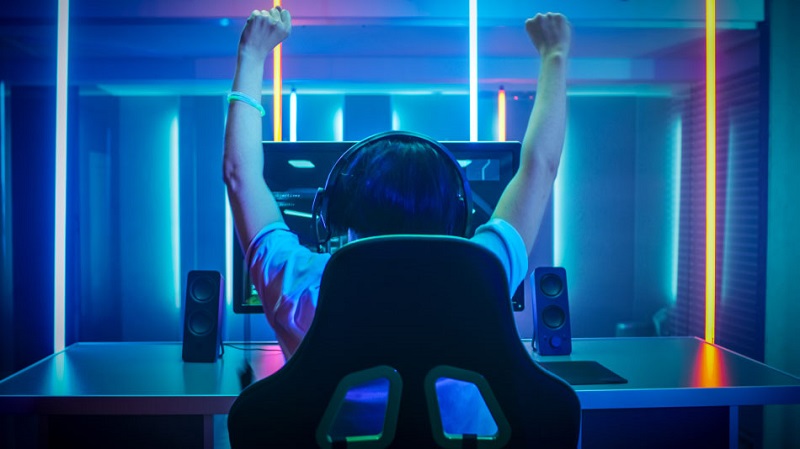Esports teams are very volatile environments, with players leaving and joining multiple times a year. For some, those turnover rates are a massive concern as they live under constant worry that someone else will replace them for one reason or another.
How can poor performance lead to turnover?
As the name suggests, high-performing individuals make up a professional esports team. If a player does not perform well enough for the team they represent, someone else will replace him.
These rapid roster changes usually happen after a tournament or a qualifier where the team performed poorly. When this takes place, it can lead to a domino effect where more players are released until the team eventually has a brand new roster.
This kind of pressure puts immense stress on players, which leads to burnout, or even worse, injuries. Those burnt-out or injured players are at risk of being released from the team, and the cycle continues.
Why is this worrisome for a professional player?
For professional players, their games aren’t just hobbies anymore; they are their livelihood. Some live in apartments paid for by their team, who rely on them performing well and earning the team money in return. In addition to that, most pro players receive a salary from their team, which they use to pay for the things they need to live.
“It’s a whole other level of stress,” Overwatch pro Indy “SPACE” Halpern told CBS News. “You’re playing against professionals. It’s always in the back of your mind. You always have that pressure on your shoulders that you have to perform.”
Being released from a team can lead to your way of life suddenly changing. The apartment you lived in? No longer free. The money you were paid? Gone. Unless a player is constantly saving money for situations like this, the financial changes can be devastating. Trying to make ends meet while practicing to keep your skills at that high level of play is a whole new level of stress.
Not to mention, being released from a team has a massive mental and physical impact on players as well.

How does it take a toll mentally and physically on a player?
If a player is used to being a top player on their team and suddenly a free agent, they might feel as if they are no longer the player they used to be, and they have to train even harder to meet their previous level of play. Feeling inadequate is a serious mental concern that can be a part of other issues like depression.
Playing for hours on end, a phrase that is all too familiar to professional players can lead to physical injuries as well. Wrist injuries like carpal tunnel syndrome are prominent in first-person shooters like CS:GO and Overwatch. If they go untreated, the player can be out of action for a significant period of time which puts them at higher risk of being replaced.
“If I play for too long, I’ll get pain at the end of the day,” SPACE told CBS News. In the interview, he mentioned that “too long” is eight hours and that he has also experienced lower back pain and sharp pain in his wrist.
Sometimes, younger players are favored over older players, as they assume to have longer exposure to the popular esports video games of the time. Being replaced because of your age is arguably worse than being replaced for underperforming because age is not something you can change.
Is replacement really a cause for concern?
That question depends on many factors. If a player’s entire livelihood depends on the income, they make from esports, then yes.
On the other hand, if a player has other means of getting by and is simply getting burnt out by their game, some time off and away from the spotlight is helpful to their physical and mental health.
Ex-players have also found new ways of making money while staying popular within their game’s community. Some become streamers while others become casters or analysts. Being replaced isn’t always the end of the road for a player as sometimes it can simply make room for new opportunities.
If you are interested in esports betting, do not miss our guide on how to bet on esports.







